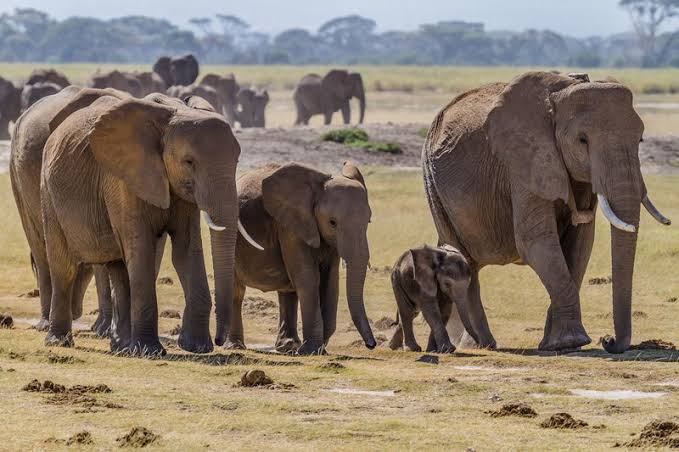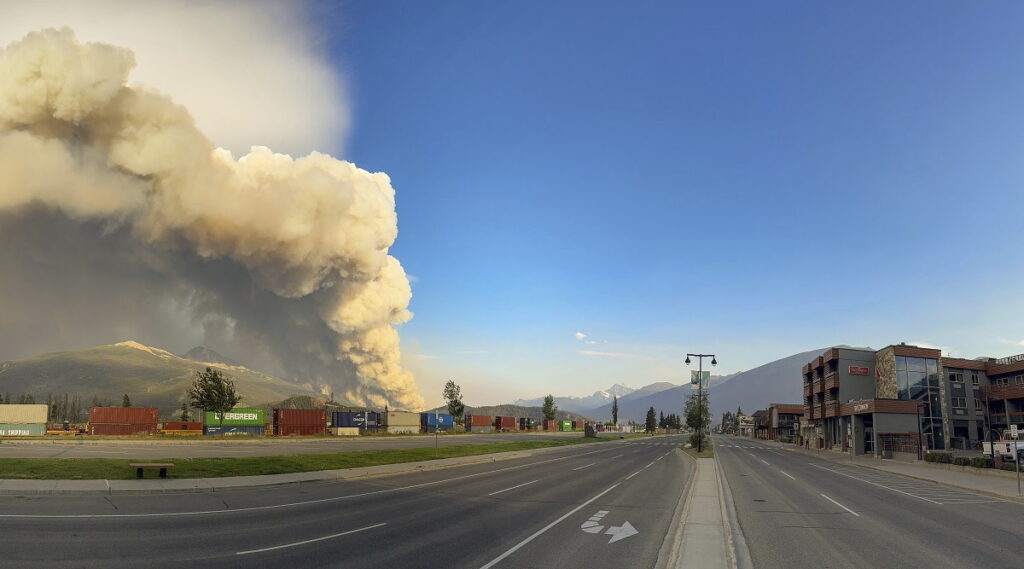The International Fund for Animal Welfare (IFAW) reported that Zimbabwe’s Hwange National Park has witnessed the demise of over 100 elephants due to dried-up water holes caused by an extended dry season.
Hwange covers more than 14,600 square kilometres (5,600 square miles) and is home to about 45,000 elephants.
“At least 100 elephants are already reported dead due to lack of water,” IFAW said in a statement.
“Despite having 104 solar-powered boreholes, park authorities say it isn’t enough and no match for extreme temperatures drying up existing waterholes, forcing wildlife to walk long distances searching for food and water,” IFAW said.
In September, Zimbabwe Parks and Wildlife Management Authority reported “many animals” moving from the national park to neighbouring Botswana in search of water and food.
The “anticipated” animal deaths “must be seen as a symptom of deep-seated and complex challenges affecting the region’s natural resources conservation, aggravated by climate change,” IFAW expert Phillip Kuvawoga said.
In 2019, more than 200 elephants died in the southern African country, according to IFAW, who said the “phenomenon is recurring”.
Zimbabwe has around 100,000 elephants, the second largest population in the world and almost double the capacity of its parks, conservationists say.
The ongoing animal deaths are attributed to complex challenges in natural resource conservation aggravated by climate change, according to IFAW expert Phillip Kuvawoga.
Southern Africa, including Zimbabwe, is classified as a region at risk by the Intergovernmental Panel on Climate Change, facing increased chances of extreme heat and reduced rainfall due to global warming.
Ada Peter



























